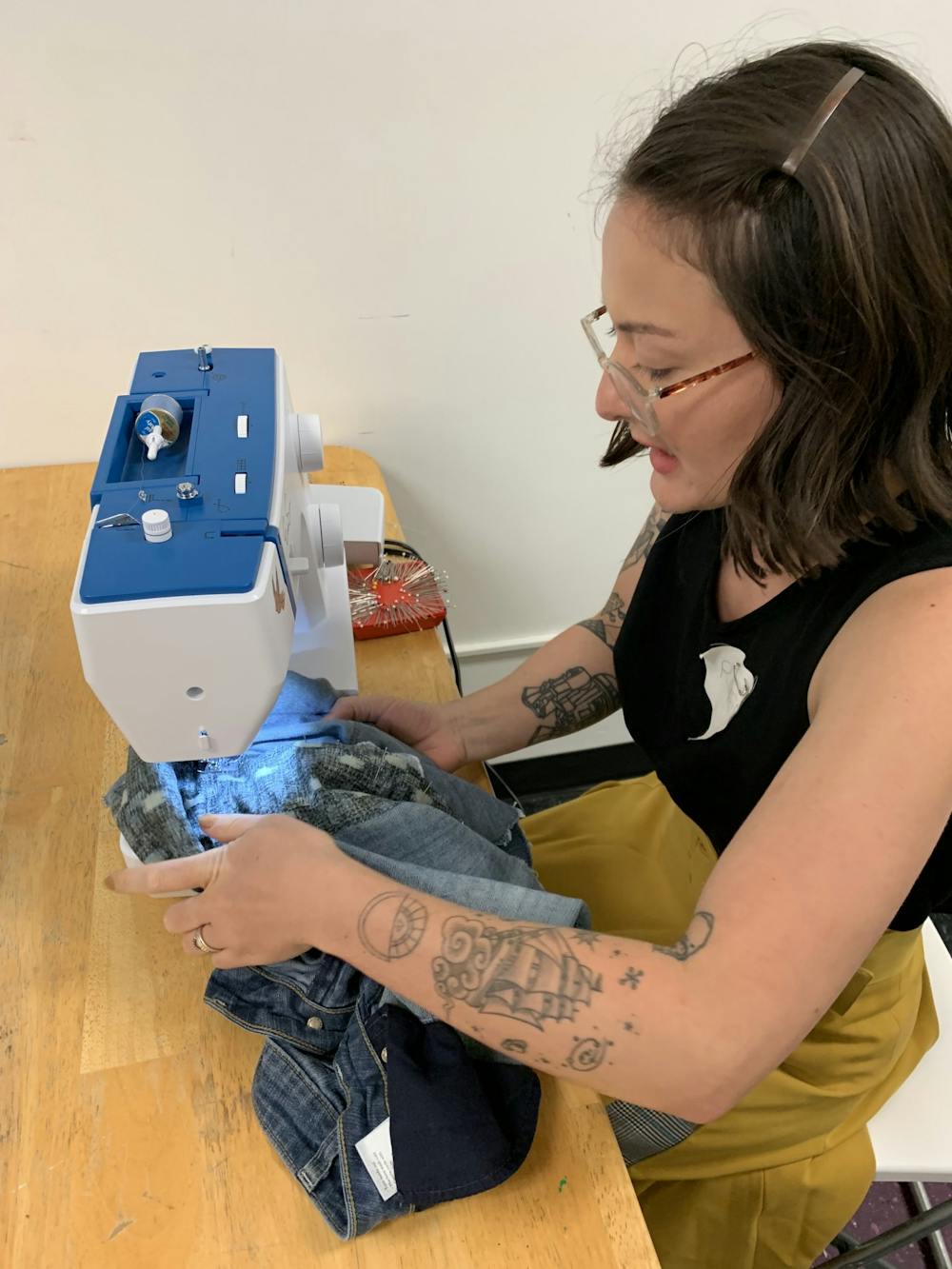The ArtsCenter and its box office may be closed due to COVID-19, but the organization is still finding ways to connect with the community through a series of online arts workshops and classes.
Staff writer Dominick Ferrara spoke with ArtSchool Manager Jenks Miller to learn more about the courses, including their cost and how instructors are adjusting courses for students who may not have supplies at home.
Daily Tar Heel: Why did The ArtsCenter want to continue to offer classes during the stay-at-home period?
Jenks Miller: The ArtsCenter prides itself on being a community resource for art instruction for students of all ages, as well as a resource for artists in the community to teach classes and share their knowledge and skills. In that capacity, as a community leader, we thought it was important to continue to offer those services during this time of crisis. My hope was that it would help provide some continuity and structure to folks who are understandably anxious about things at this time. We also believe that art has great healing potential. So, in terms of offering an activity that could help people creatively, it seemed like a good time to step in with art programming specifically.
DTH: How much do the courses cost?
JM: They vary. For all of our courses, the tuition is based on a formula that depends on the number of hours the course runs. There's a huge amount of variability from medium to medium and instructor to instructor in how the courses are arranged. There's a range from workshops that are maybe around $50 when we have in-person classes. If they're a weekly class, sometimes they get up to like $250 or so. That's just an example of the range of tuition costs. We try to strike a balance between being affordable for community members and making sure that the courses are worth the instructor's time so we can compensate local artists for their time and sharing their knowledge and skills.
DTH: How can people who may not have many materials participate in these courses?
JM: It is one of the challenges that we're sort of working through. Normally, we would send folks to a local art supply store. If that's not possible, some instructors are providing lists of materials that they have found on Amazon or other websites that are still delivering during this time. Some instructors are investigating a porch pick-up where if they have materials, students can drop by and pick them up off the porch while maintaining social distancing. Other instructors are tweaking their course so that it can be offered using materials that most people are going to have around in their house already. It is a challenge, and it's one we're taking a number of approaches to meet.
DTH: Do you think ArtsCenter could continue to offer online classes even after this is all over?



